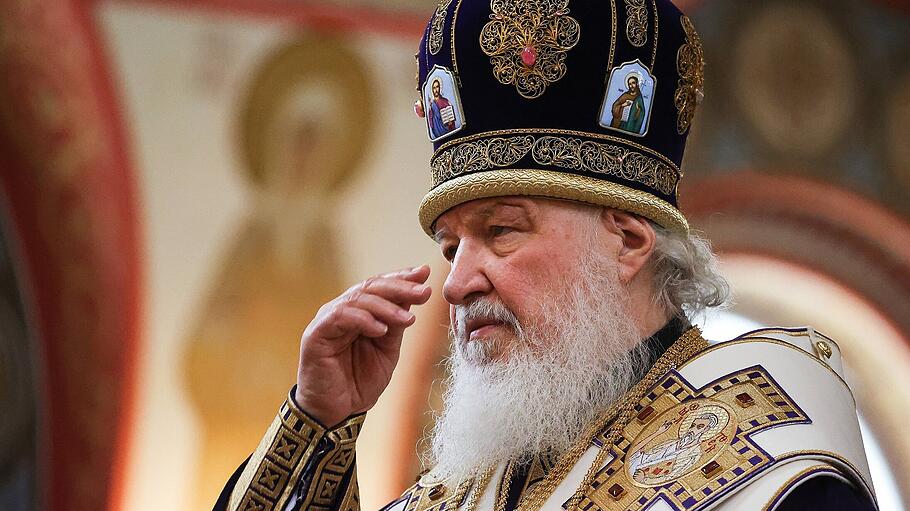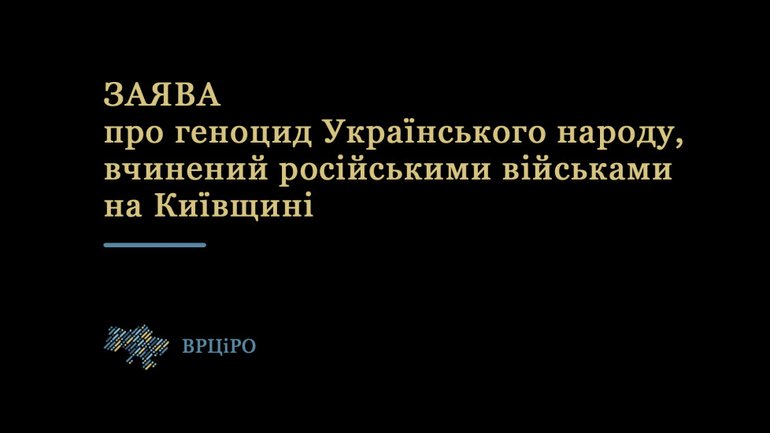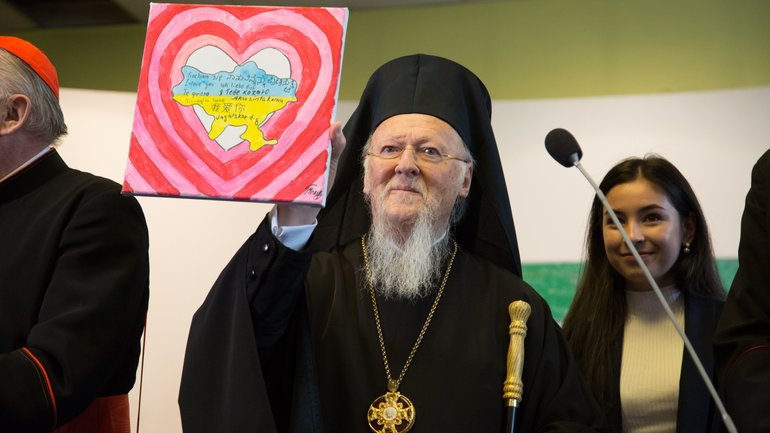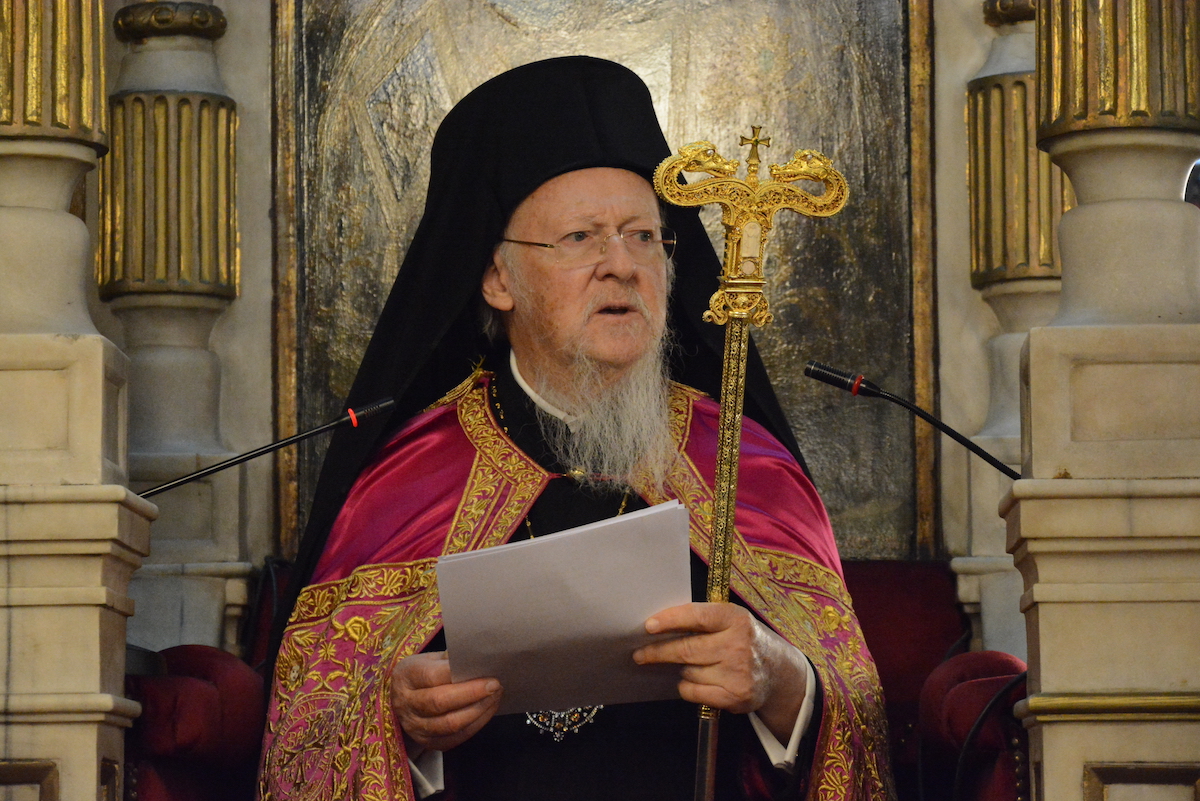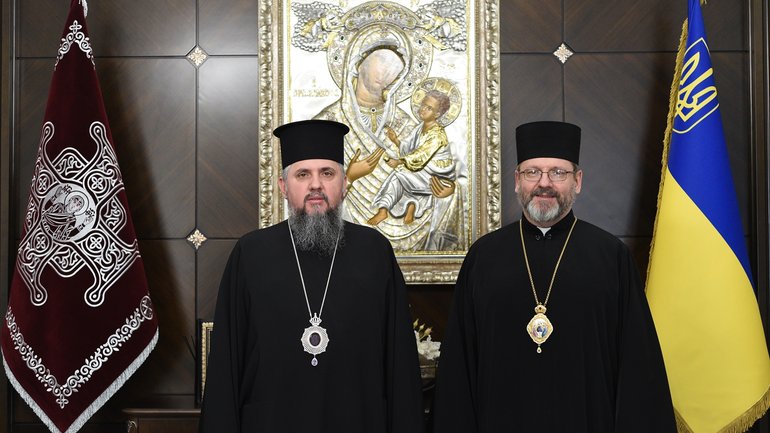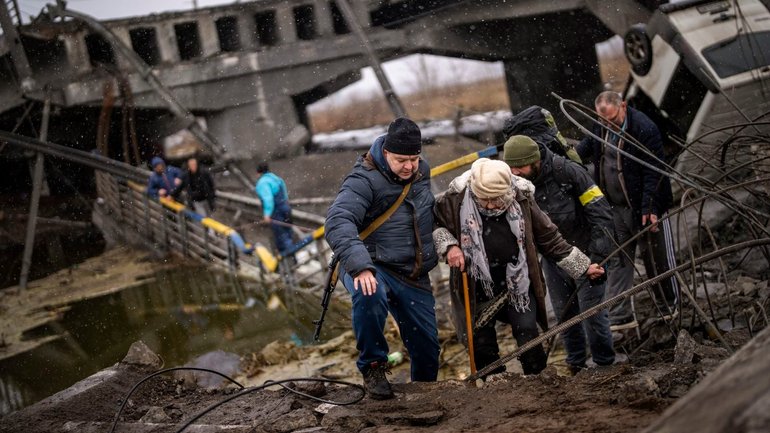University Church
Ukrainian scholar and priest Cyril Hovorun explains how Orthodoxy is shaping politics and political theology in Russia and Eastern Europe.
As an insider to church politics and a scholar of contemporary Orthodoxy,
Cyril Hovorun outlines forms of political orthodoxy that have emerged from processes of secularisation and the rise of nation states. Developing in the shadow of Western political thought and theology, Orthodox political theologies grappled with the tensions inherent to their own political contexts. These tensions often stemmed from its relationship with and commitment to national identity and (the Russian) empire. Historically, Orthodoxy has charted a dichotomy between national identity and empire, but pursued different centres of gravity in which national identity developed in contrast with empire.
Hovorun draws a picture of religion being politicised, and in that political space being vulnerable to nationalism, antisemitism, and historically fascism as well. Does this vulnerability stem from its politicisation and even weaponisation, or is it inherent to a religion invested in culture, politics and the common good? What is the relationship between national and transnational spaces of Orthodox identity-making? And how does this analysis relate to more recent developments, such as in Georgia in 2008 and in Ukraine since 2014?
Roundtable
The lecture is followed by a roundtable with Katharina Kunter, Petr Kratochvil, Jenny Leith and Marietta van der Tol.
The roundtable will discuss how the use of Orthodoxy in the Russo-Ukrainian war is contested among Christian and other religious communities in Russia and Eastern Europe, how resistance is taking shape within the Russian-Orthodox Church and what local religious communities can do.
This public lecture is offered as part of the conference "Christian identity in national, transnational and local space: perspectives from Protestantism, Orthodoxy and Roman Catholicism", organised by the Blavatnik School of Government, 4-5 April 2022. The public lecture is co-hosted with the University Church.
Produced by Ana-Maria Niculcea, Communications, Learning and Outreach Officer
University Church of St Mary the Virgin



